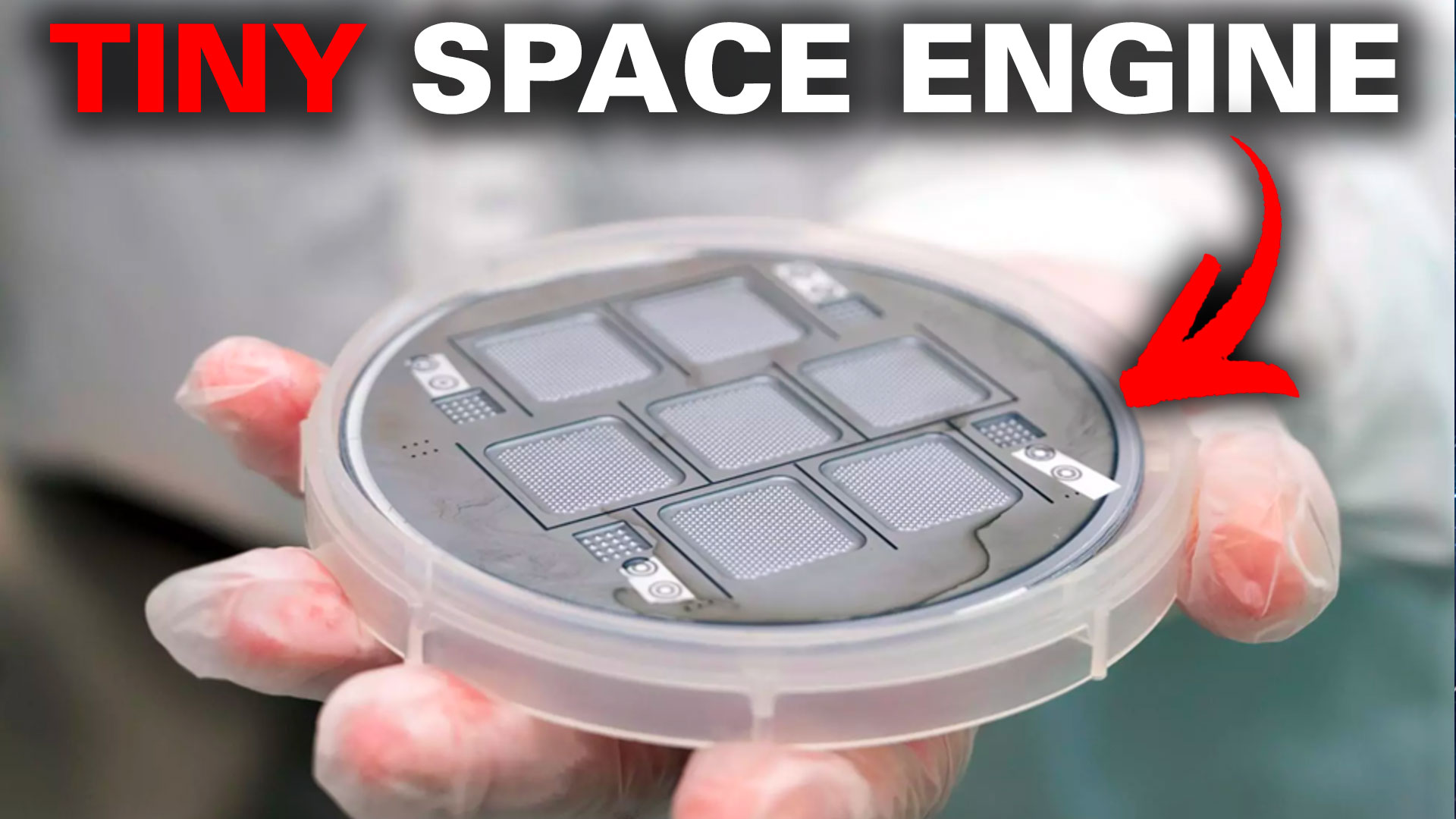Rocket propulsion technology has progressed leaps and bounds since the first weaponised rockets of the Chinese and Mongolian empires. They were nothing more than rocket powered arrows and spears but they set the foundations for our exploration of space. Liquid propellant, ion engines and solar sails have all hit the headlines as we strive for more efficient methods of travel but a team has taken the next leap with a palm sized thruster system that could boost future tiny space craft across the gulf of space.
Continue reading “ESA’s Tiny Pinhole Thruster is Ready for Production. “An Alternative Theory of Inertia will Get Tested in Space
One of the most exciting aspects of the current era of space exploration (Space Age 2.0) is how time-honored ideas are finally being realized. Some of the more well-known examples include retrievable and reusable rockets, retrieval at sea, mid-air retrieval, single-stage-to-orbit (SSTO) rockets, and kinetic launch systems. In addition, there are also efforts to develop propulsion systems that do not rely on conventional propellants. This technology offers many advantages, including lower mass and improved energy efficiency, ultimately leading to lower costs.
On June 10th, 2023, an all-electrical propulsion system for satellites (the IVO Quantum Drive) will fly to space for the first time. The system was built by North Dakota-based wireless power company IVO, Ltd., and will serve as a testbed for an alternative theory of inertia that could have applications for propulsion. The engine will launch atop a SpaceX Falcon 9 rocket as part of a dedicated rideshare (Transporter 8) hosted by commercial partner Rogue Space Systems. If the technology is validated, the Quantum Drive could trigger a revolution in commercial space and beyond. And if not, then we can relax knowing that the laws of physics are still the laws of physics!
Continue reading “An Alternative Theory of Inertia will Get Tested in Space”

